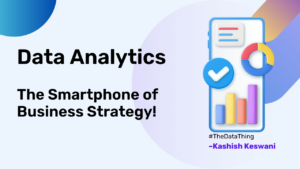Marketing is all about reaching your target audience at the right place and at the right time.
With more than 4.8 billion people using the internet today, internet marketing is one of the easiest and most affordable ways to reach your prospects.
Sounds like a no-brainer, right? There’s just one question.
What exactly is internet marketing?
In this column, you’ll learn how internet marketing is defined, how content marketing differs from traditional advertising, and why marketers are so excited about it.
You’ll also find examples of different types of content you can use to reach your internet marketing goals.
Ready? Let’s get to it!
Internet Marketing Explained

Internet marketing is the promotion of a company and its products or services through online tools that generate leads, drive traffic, and boost sales.
Also called online marketing or digital marketing, internet marketing relies on digital channels to distribute promotional messages.
Internet marketing is an umbrella term that covers a wide range of marketing strategies and avenues.
From emails, search engines, social media posts, and blog articles, there’s one common theme among all of these tactics: They all focus on delivering content.
With content marketing, gone are the days of hopeful sales pitches and traditional marketing.
Now, businesses can target their audience with pinpoint accuracy and provide useful information that resonates.
This is perfect because that’s exactly what today’s consumers want.
People don’t want to hear about products and services that don’t interest them.
From installing adblockers to clicking on “Skip Ads” buttons, today’s shoppers are more discerning about the information they’re willing to consume.
Content marketing delivers meaningful information that solves users’ problems and is accessible on consumer demand.
Content Marketing vs. Traditional Advertising
Can you believe there was a time when salesmen knocked on strangers’ doors to sell encyclopedias?
Today, we don’t even like it much when our friends knock on our doors unannounced.
The fact is, traditional marketing (or selling) doesn’t work anymore.





